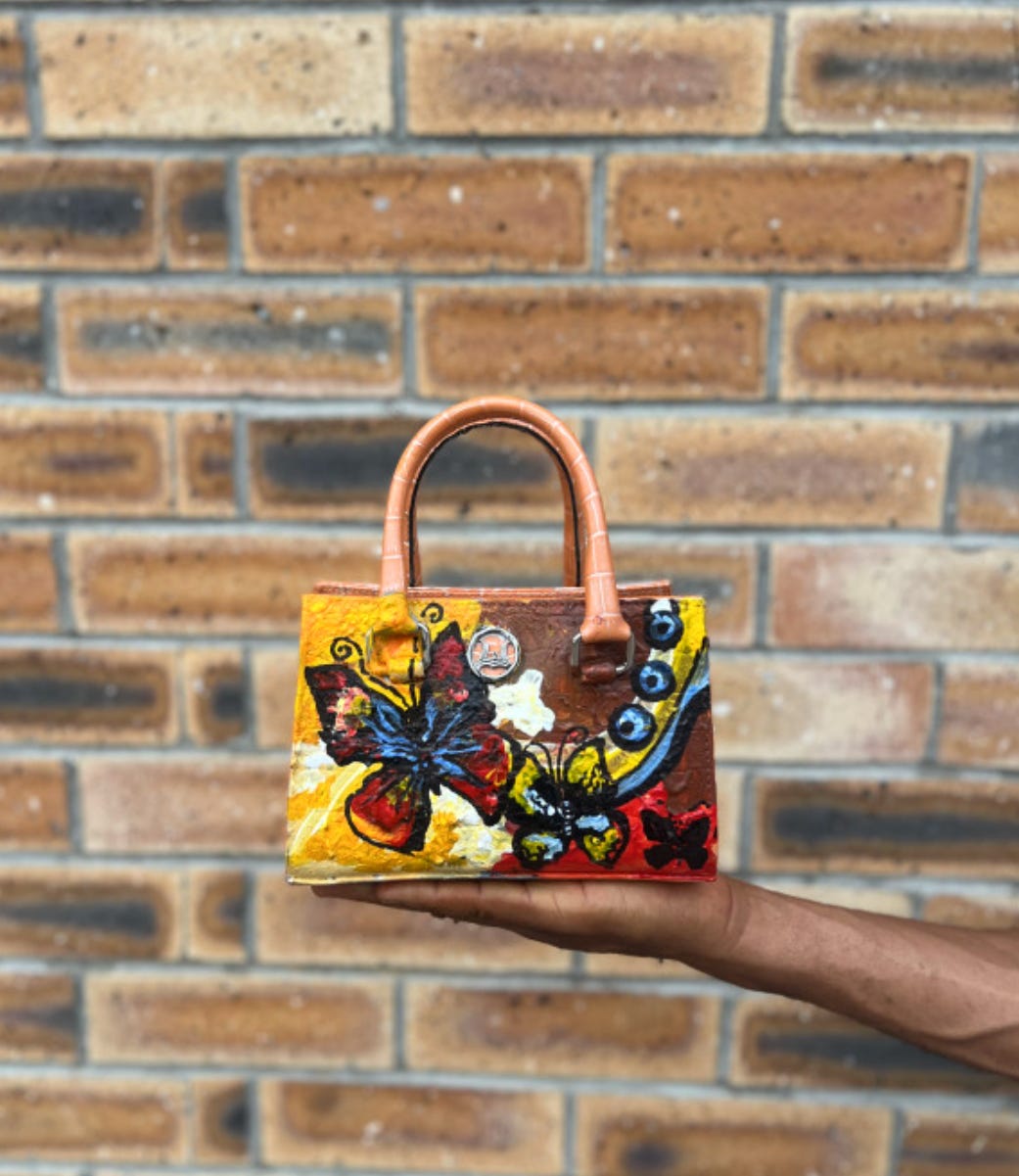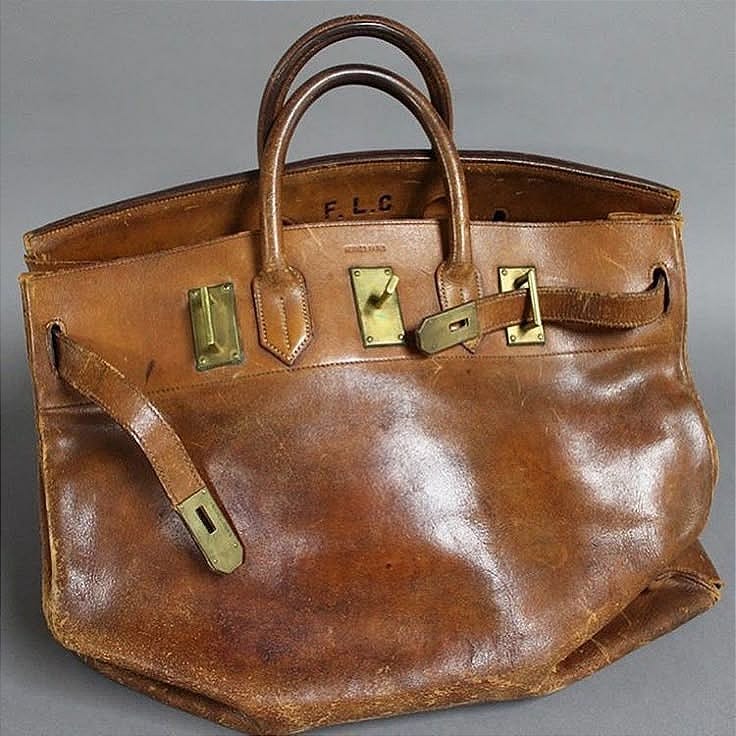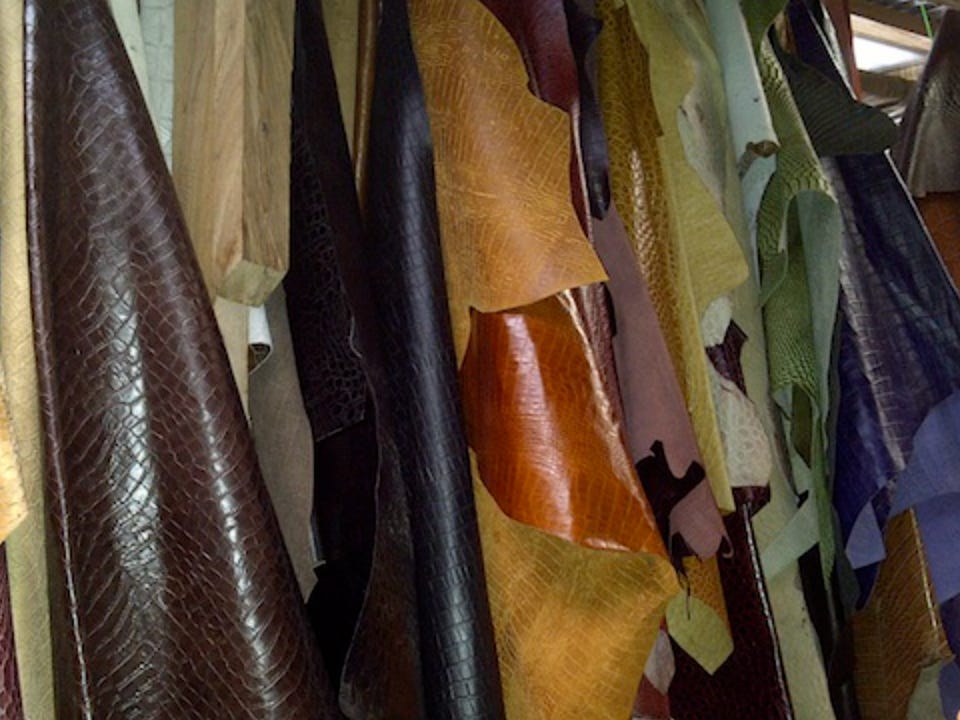Considering how much we rely on consumerism, we’re far too removed from its production - the source of our comfort. In contrast to other countries, particularly those in the global south, (those that have societies full of skilled and resourceful people), we only seem to know how to take, resorting to stealing when we’re unable. As alienated as we are from the process, we struggle to trace items back to their original source, even in discourse about this topic exactly.
With the help of e-commerce, we don’t even have to walk into the store and grab what we want now. But when we do walk into the clothing store or supermarket, we do so mindlessly and detached, seeing as we’ve never known any different. Fortunately, calls to boycott, like the BDS list readily available online, brought to our attention where unethical practices are found in production, and so for some of us, we know we’re at least a little more mindful than before. Unfortunately, this doesn’t change the fact we consume and over consume almost instinctively, particularly where clothing and accessories are considered. Whether we strive to buy cheap to cut back costs in light of a widespread financial struggle, or seek to purchase highly sought after designer brands to prove we aren’t struggling, we always tend to forget about those on the other side of our addictions.
With our eyes keenly fixed on wishlists, the realities of overconsumption are often left as no more than afterthoughts, (something to note for next time). Luckily, manufacturers; those a little closer to the line of production have begun to paint a clearer picture for all to see.
Frankly the ‘revelations’ made this week shouldn’t come as a surprise whatsoever. “Made in China” is a phrase we’re so used to seeing, even if we’re all-too-entitled now. Still, knowing something and being confronted by it are kind of different. Now I find we’re also faced with a call to action - to respond in some way.
“To make it a little more crystal clear, we borrow money from Chinese peasants to buy the things those Chinese peasants manufacture.”
JD Vance, Speaking to Fox News.
MAGA’s Sino-Skeptic rhetoric knows no bounds as we were already aware, but Vance’s latest remarks demonstrate just how emboldened the party has become. Now, with the enforcement of Trump’s Tariffs, forcing what people are calling a ‘Trade War’ between the US and China, economists and manufacturers out of China have been spreading awareness surrounding the mass production of western luxury products in Asia.
YaTing, CEO of a Chinese Consulting Company appeared on a podcast this week to expose several companies that manufacture goods for the U.S.
Armani, Nike, Dior, Lululemon, Apple, Michael Kors, Coach, Calvin Klein, Swarovski, Adidas, North Face, Burberry, Chanel, Ferragamo, Timberland, YSL, Victoria Secret and DKNY are among just a few of the brands listed in her expose, highlighting the fact that producing costs are typically only 1/10th of the final price. Despite the thousand dollar markup items undergo upon being sold, a quantity of these are imported from China to European countries where the brands were founded, and branded with logos, are considered far more valuable.
One manufacturer, appearing on Tiktok account News Nexus Official, highlighted three suppliers for top accessory brands like Hermes; Nuti from Italy, Weinheimer from Germany, Haas from France. For the $38,000 bag, he broke down costs as follows;
‘One piece of Togo Leather’ - $450
‘The best top level thread’, Fil Au Chinoise from France - $25
‘Oceanless stainless steel’ - $150
‘The Edge Oil’ from Italy - $50
Interior lining made from Lambskin imported from France - $100
The Zipper - $10
The cost of human resources (labour) - $600
The package - $10, coming to a total cost of only $1395/$38,000RP.
“More than 90% of the price is paid for its logo”, he says, and yet there remain doubts as to the extent to which these brands are using chinese manufacturers. Amongst these revelations, are skeptics, many of whom consider themselves loyal customers to big name brands, claiming these reports are part of another scam to divert a desperate consumerbase to their own products made from poorer materials. Whilst this may be true of some of the clips released from manufacturers, we’re right to finally question the absurd prices of certain items, like Hermes’ Birkin, even if we’re a little late. Alongside this, is the reality of stereotypical associations of Eastern manufacturers with using ‘cheap’ materials. But whether or not Chinese manufacturers are responsible for most of our designer goods, breakdowns like these provide us with insight into how cheap it is to make said items versus the cost so many are willing to pay for.
The reminder that we’re susceptible to falling for scams, or worse still, actively subscribe to them, has invoked a kind of shift towards looking at buying ‘straight from the source’, particularly where manufacturers are promising prices ten times closer to the actual production costs. Nevertheless, it remains worth considering what the end goal is here.
Are we calling for more ethical business practices?
Are we calling for a re-emphasis on ethical consumption where inflated prices rarely end up benefiting manufacturers and producers?
Are we concerned about ethics at all?
I, for one, am curious about our impact here. If people are acting in response to Trump’s policies and anti-china stance amongst his party first and foremost, then I wonder whether this is the best way to exemplify that resistance. If all people want are cheaper purses, allowing us to consume even more than we do now, then we aren’t really combatting the hyper-individualistic, pro-capitalist model Trump's Tariffs are founded on, especially where even the countries items are manufactured in, have likely not produced the material.
It’s worth considering shifting the priority to making sure those who are farming the materials are well paid, focusing on global redistribution and equity - a far more revolutionary process than just buying more cheaper bags, whilst resource farmers rarely receive the fruits of their own labour. Content creator Shelby Ivey Christie shared her thoughts on the matter, reframing the conversation through a lens that considers where west africans have a hand in manufacturing, by way of Tanneries in Nigeria.
Renowned for its high-quality products, Nigeria’s leather industry utilises hides from free-roaming animals like cattle, goats, and sheep, generating between $600–800 million annually in exports, with projections to exceed $1 billion by 2025, according to Moneyrise. Primarily, Kano State serves as the industry’s core, housing the country’s oldest and most important tanneries, which are central to both local and global supply chains. Beyond it’s contemporary significance, the industry has deep historical roots dating back to the pre-colonial era when leathercraft was a key part of Hausa and Kanuri culture. Traditional, plant-based tanning techniques passed down through generations have since remained prevalent, regardless of where British colonial rule oversaw mechanisation and exports expansion.
Today, the tannery sector is huge in Nigeria, employing over 750,000 people and contributing roughly 24% to Nigeria’s agricultural GDP. But unsurprisingly, this offers workers just a fraction of what they should be earning. As the country largely exports semi-finished leather and imports finished leather goods, most of the value is added elsewhere, often in wealthier countries as allowed by colonial interference. As a result, the earnings for those at the base of the supply chain remain low, with livestock farmers and local tanners failing to be fully compensated, despite their essential roles.
Nigeria earns just $12/m² for semi-finished leather exports, while finished products can fetch up to $100/m² on the global market.
The disparity in value here demonstrates where buying in bulk from manufacturers, even to save costs on our end, helps to facilitate the heavily exploitative nature of the production of luxury goods, regardless of how much we’re paying. By contrast, a more impactful approach would call for a shift of more value assigned to the origin of the resource, empowering local economies and communities.
I’ve noticed that whenever there are conversations about ethical consumption, highlighting currently unethical behaviours riddled with an air of entitlement, people seem to jump on the defensive, and as such, reply with platitudes about how “There is no ethical consumption under capitalism”. Where this used to be a way to acknowledge how difficult it can be for the individual to tackle a system from inside it, it’s become the perfect excuse for some in the event they find themselves triggered after being asked to reflect, as is the western way.
It’s better we realise that it’s not about being perfect, but more about being discerning. Becoming more familiar with the means of production is crucial, particularly where we’re willfully ignorant. Where exploitation is taking place, denying ourselves these comforts altogether is a reasonable request, though I doubt many would go for it. A lot of us, especially those of us excited about artistry in fashion, have their favourite brands. For myself, Coach (as seen on the earlier list), is a brand I’ve come to love. Nevertheless, I make it a point to buy exclusively vintage (easily found on Vinted for a fraction of the price), preventing an addition to the overwhelming demand.
Alternatively, we should be looking at buying from Tanneries. Shelby interviewed a man named Winston of Winston Leather, a third gen. Tannery, producing leather goods for LVMH’s portfolio of luxury brands. During their interview, Winston shared with her where this practice of utilising Nigerian leather for worldwide distribution dates back to the Silk Road, “[An] ancient trade route, linking China with the West, that carried goods and ideas between the two great civilizations of Rome and China.”, including Central Asia, the Middle East and parts of North Africa, like Morocco.

“I love the conversation that China has started that goods are manufactured in China, but I wanna go a layer deeper and talk about how black people are contributing to the manufacturing as well”.
Shelby Ivey Christie
And as long as we’re not forgetting where prioritising black-owned products should account for the entire diaspora, make sure to look out for accessory brands operating out of Africa, which I’ll link below.
Beyond cost breakdowns that save us money, and justified outrage at newly imposed Tariffs, the decision to change the way we consume is more of a humanist one. These items after all, don’t just appear, ready made especially for us, but were crafted by hands who know not only how much their item is worth, but how much they’re worth.
Why deny them?
Asisa
Sources
https://risevest.com/blog/everything-you-need-to-know-about-the-kano-tannery-in-nigeria The Moneyrise, Kano Tannery: A Socioeconomic Pillar Over The Decades
The Guardian, Beijing attacks JD Vance’s ‘Chinese peasants’ remark in tariffs interview
https://www.adjoaa.com/blogs/_/innovative-african-jewellery-brands 7 New Innovative African Jewellery Brands To Shop On ADJOAA
https://www.adjoaa.com/collections/bags Adjoaa, African-owned bag brands







